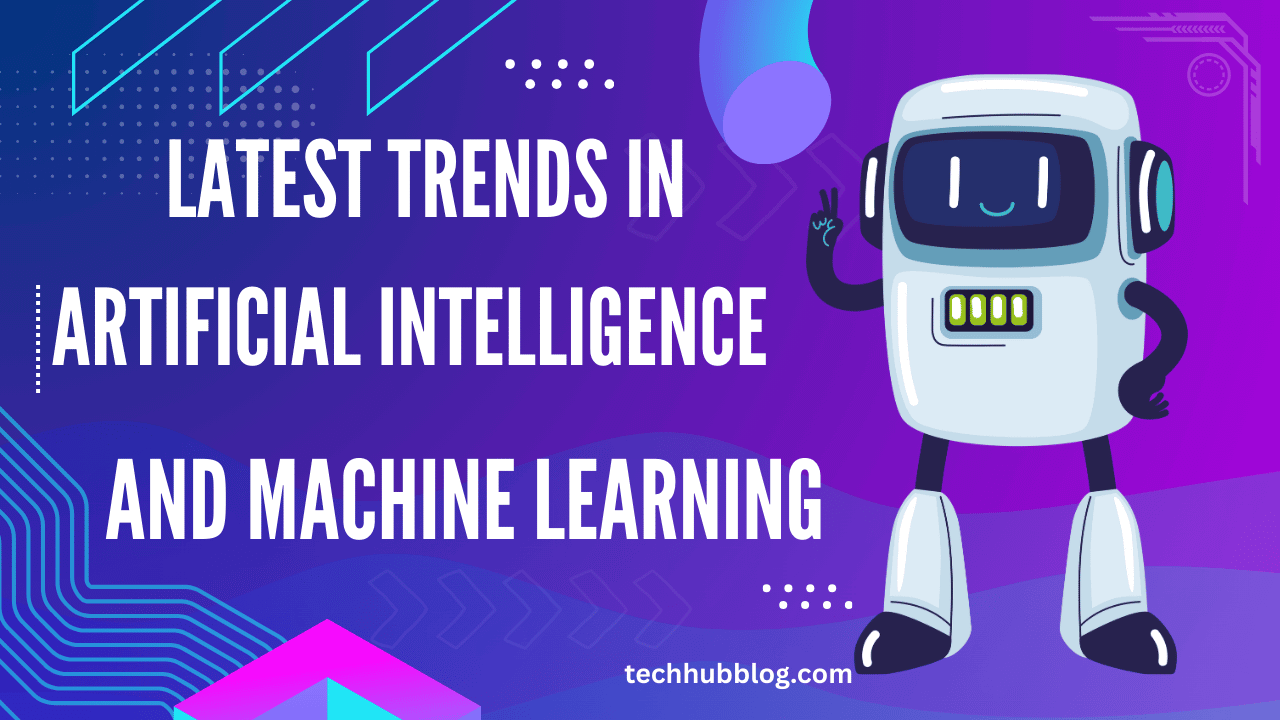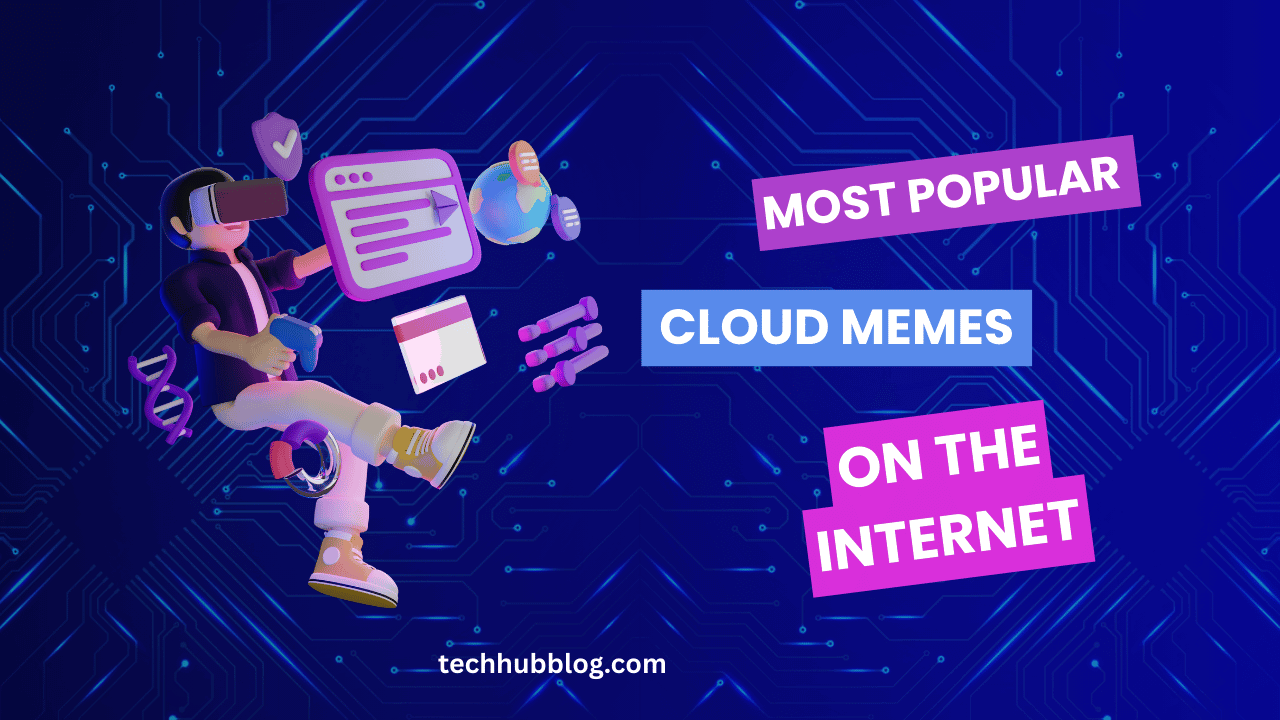The Latest Trends in Artificial Intelligence (AI) and Machine Learning (ML)

Artificial Intelligence (AI) and Machine Learning (ML) continue to evolve at an unprecedented pace, shaping industries and redefining the way businesses operate. As AI and ML technologies advance, new trends emerge that push the boundaries of automation, efficiency, and human-computer interaction. In this article, we explore the latest trends in AI and ML that are driving innovation across multiple sectors.
1. Generative AI and Large Language Models (LLMs)
Generative AI, powered by Large Language Models (LLMs) such as OpenAI’s GPT and Google’s Bard, has taken the world by storm. These models have the ability to generate human-like text, code, and even images. Businesses are integrating generative AI into customer service, content creation, and software development, enhancing productivity and reducing human workload.
2. AI-Powered Automation and Hyperautomation
Hyperautomation, which leverages AI, ML, and robotic process automation (RPA), is streamlining operations across industries. Organizations are using AI-powered automation to reduce manual tasks, increase efficiency, and improve accuracy in business processes.
3. Explainable AI (XAI) for Transparency and Trust
As AI models become more complex, there is a growing demand for Explainable AI (XAI). XAI helps in understanding how AI models make decisions, ensuring transparency, accountability, and compliance with regulatory standards.
4. AI in Cybersecurity
Cyber threats are evolving, and AI is playing a critical role in detecting and mitigating security risks. AI-driven security solutions can identify anomalies, prevent data breaches, and improve threat detection, making cybersecurity more robust and proactive.
5. Edge AI for Faster Processing
Edge AI involves running AI algorithms on local devices rather than relying on cloud computing. This trend is gaining traction in IoT (Internet of Things) applications, autonomous vehicles, and smart devices, as it allows for faster decision-making and reduced latency.
6. AI-Driven Personalization
Companies are increasingly using AI to deliver personalized experiences in e-commerce, marketing, and entertainment. AI-driven recommendation systems analyze user behavior to provide tailored content, improving customer engagement and satisfaction.
7. AI in Healthcare and Drug Discovery
AI is revolutionizing healthcare by enabling faster diagnosis, predictive analytics, and personalized treatments. AI-driven drug discovery is accelerating the development of new medications, significantly reducing research and development timelines.
8. Quantum AI for Advanced Computation
Quantum AI is an emerging field that combines quantum computing with AI to solve complex problems at an unprecedented speed. Although still in its early stages, quantum AI has the potential to revolutionize industries such as finance, cryptography, and material science.
9. AI Ethics and Responsible AI
With AI’s growing influence, ethical considerations have become a major focus. Companies and policymakers are working on frameworks for responsible AI to address bias, fairness, and privacy concerns, ensuring AI benefits society as a whole.
10. Multimodal AI for Enhanced Interactions
Multimodal AI models, capable of processing multiple types of data (text, images, audio, and video), are enhancing human-computer interactions. These advancements are paving the way for more intuitive AI applications in virtual assistants, content creation, and accessibility solutions.
Conclusion:
AI and ML are shaping the future, driving innovation across industries and improving efficiency in numerous applications. Keeping up with the latest trends ensures businesses and individuals can harness the full potential of these cutting-edge technologies. As AI continues to evolve, ethical and responsible adoption will be key to unlocking its true benefits while minimizing potential risks.
FAQs:
Q1: What is the impact of generative AI on businesses?
A1: Generative AI is enhancing productivity by automating content creation, customer service, and software development, reducing operational costs and increasing efficiency.
Q2: Why is Explainable AI (XAI) important?
A2: XAI ensures transparency in AI decision-making, helping businesses comply with regulations and build trust with users.
Q3: How is AI transforming cybersecurity?
A3: AI-driven security solutions help detect threats, prevent cyberattacks, and enhance data protection through real-time anomaly detection.
Q4: What industries benefit the most from AI and ML?
A4: Industries such as healthcare, finance, retail, manufacturing, and cybersecurity are leveraging AI and ML to optimize operations and drive innovation.
Q5: What is the future of AI?
A5: The future of AI includes advancements in quantum AI, ethical AI frameworks, and more human-like AI interactions, shaping a smarter and more connected world.


